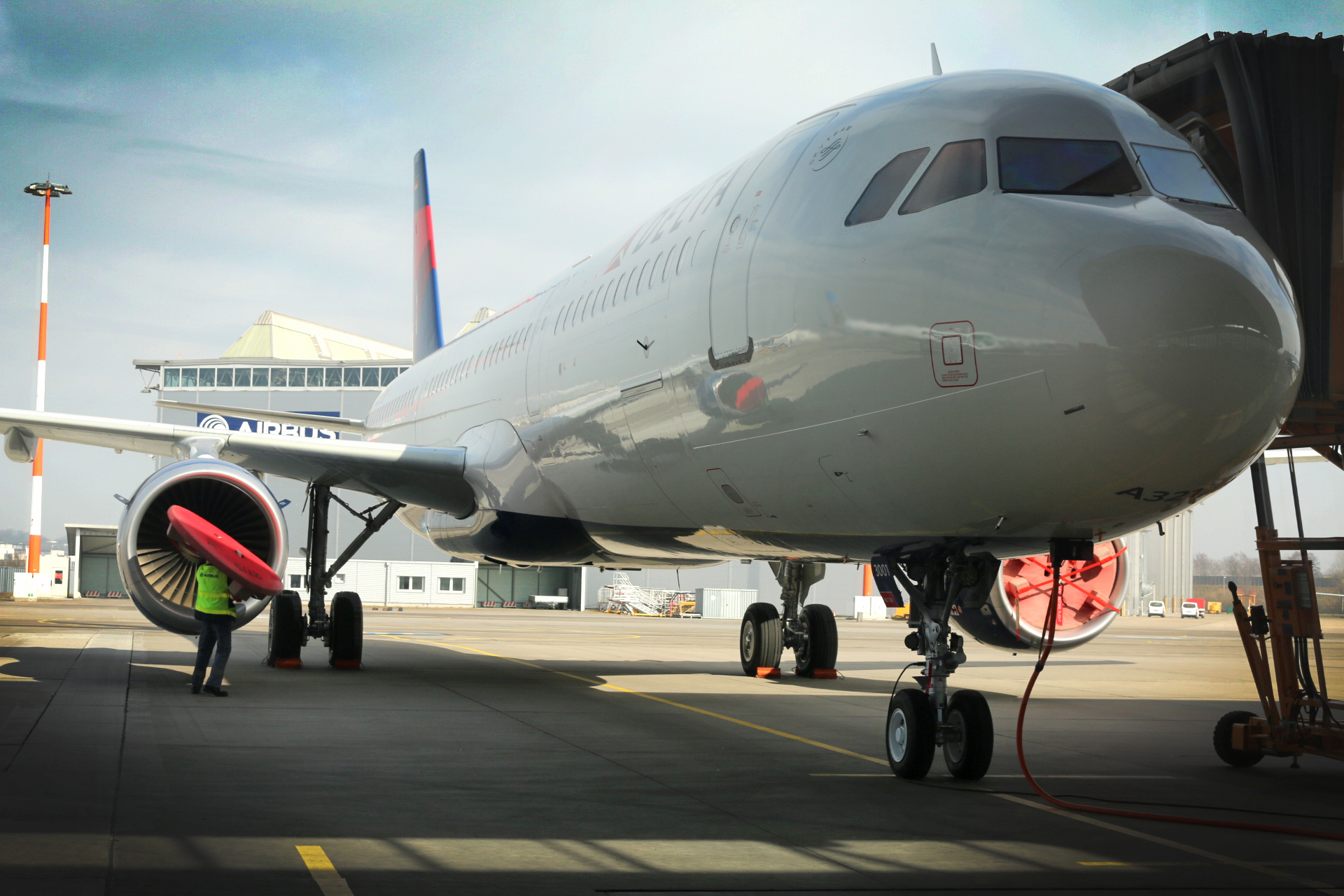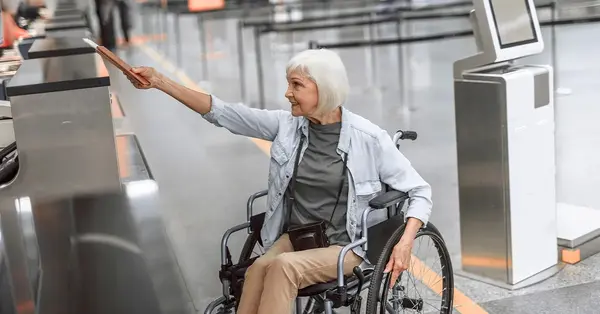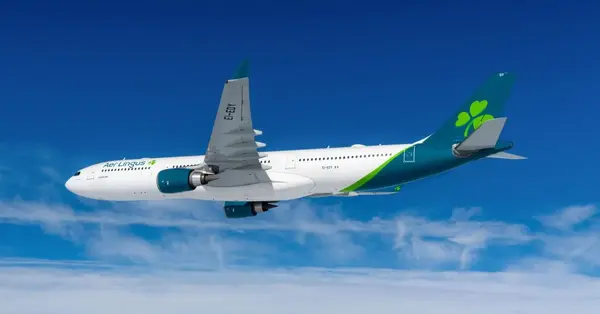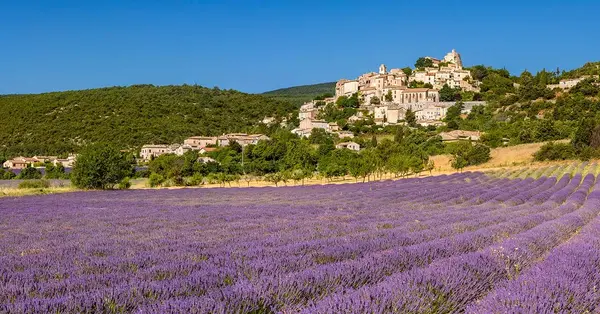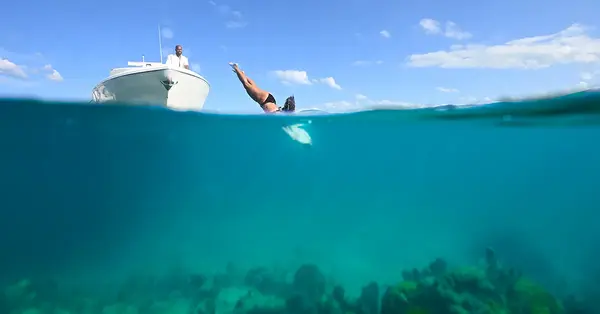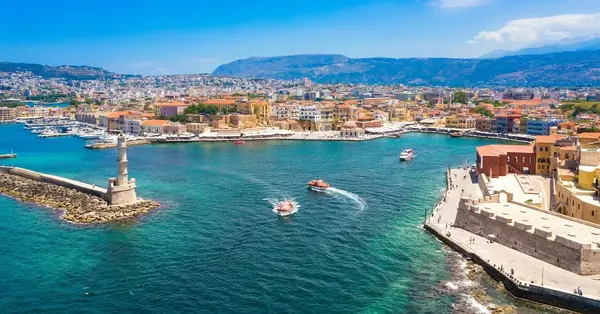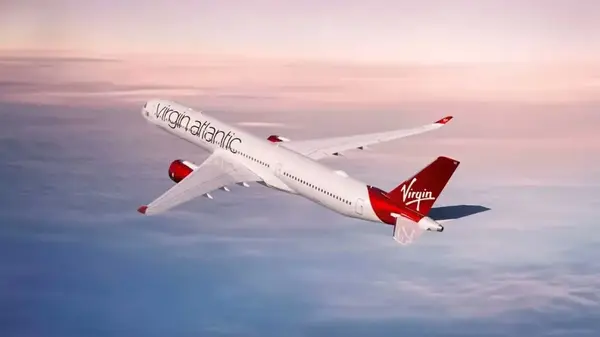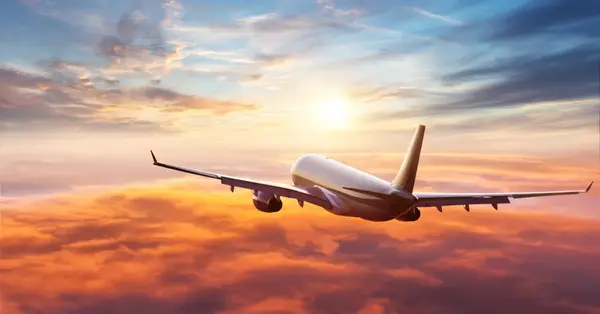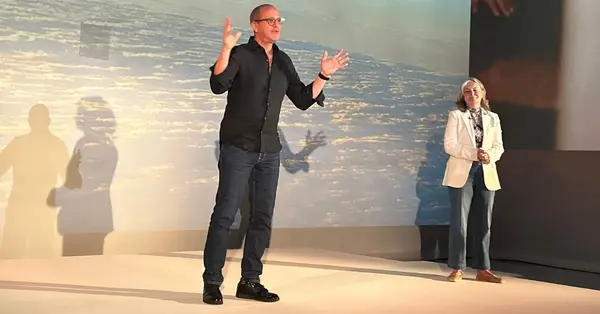You are viewing 1 of your 2 free articles
Flying to cost more in battle against climate change, Delta boss warns
Tackling climate change will make flying more expensive, the head of Detla Air Lines has warned.
Chief executive Ed Bastian told the BBC: “Over time, it’s going to cost us all more, but it’s the right approach that we must take.”
Atlanta-based Delta says that after spending $30 million a year on carbon-offsetting it has been carbon neutral since March 2020.
It has also pledged to spend $1 billion over the next decade to cancel out all the emissions it creates.
More: Iata urges governments to support decarbonisation efforts
More fuel-efficient aircraft, sustainable aviation fuels (SAF) and removing carbon from the atmosphere are some of the ways it hopes to achieve this.
Bastain was speaking as a new deal to counter climate change was struck at the Cop26 summit in Glasgow over the weekend.
Aviation is responsible for about 2.5% of the carbon emissions that are warming the planet, according to the International Energy Agency.
Andreas Schafer, professor of energy and transport at University College London, says it will “cost trillions rather than billions of dollars” to move the global aviation sector to net zero carbon emissions.
Preliminary results from his team’s research suggest air fares would need to increase by 10%-20% to cover the costs.
“In the short-term, government support will be needed with those costs as decarbonising aviation will be extremely challenging, and current efforts will need to be scaled up dramatically,” he said.
Bastian conceded it is an ambitious goal that his airline won’t be able to achieve alone.
“It’s the biggest long-term challenge this industry faces,” he said. “We’re in an industry that’s classified as hard to decarbonise because we don’t have the bio-fuels or the sustainable aviation fuels en masse yet that we’re going to need.”
Delta aims to be using 10% sustainable aviation fuel by the end of 2030.
Global demand for jet fuel is set to more than double by 2050, according to the US government
The number of passenger flights is set to more than double from a pre-pandemic 4.5 billion to 10 billion by 2050, according to the Iata.
Iata director general Willie Walsh told the BBC that while creating the levels of SAF production needed was a big challenge, “it is perfectly possible if industry and governments work together”.
“Production increases will bring the cost down to competitive levels. We’ve seen similar increases in the development of solar and wind power in recent decades.”
Bastian believes the number of flights will return to pre-pandemic levels despite many businesses and individuals using the pandemic as a chance to re-evaluate their carbon footprints.
“All forms of travel are on the way back,” he said. “Families are the part of the travelling public that we’re most happy to see, because there’s been some really difficult stories over time of families not being able to connect for long [periods]”.
Business travel is also returning because video meetings can’t replace everything, he added.
“There’s a real unity and sense of purpose that we have when people get back together in person,” said Bastian.
That desire to travel helped Delta to report a $194 million profit in the three months to the end of September, its first profit since the pandemic began.
Bastian said the pandemic was “an opportunity to invest in our future”.
Now the airline is making money again, he added: “We hope to be able to maintain that and go into the new year as a profitable carrier.”
More: Iata urges governments to support decarbonisation efforts

